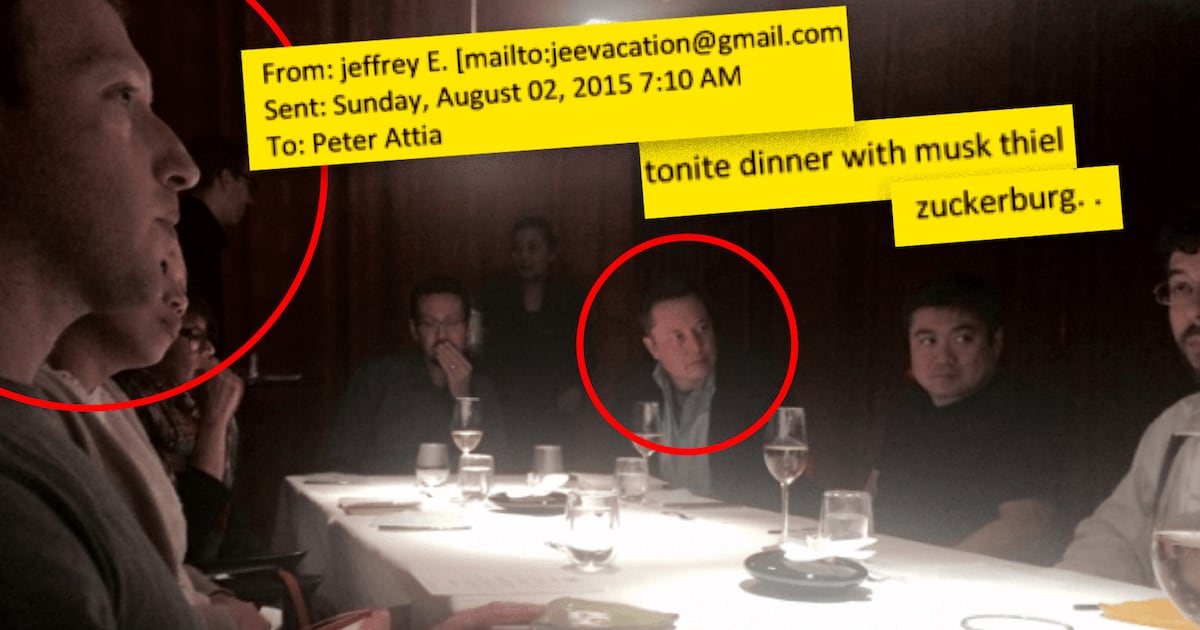I’m not at the J Street conference, so I watched what I could online (only a few sessions were available) and followed the live-tweeting of much of the rest. From what I gathered, though, the convention followed the same pattern evidence at these types of events: lots of discussion about why the organization is important, some laments about the lack of support from the broader community, and a rehashing of old arguments. Still, this year’s conference did have a dynamic to it, which—while it might not be immediately translated into concrete action—at least demonstrated the vitality of the organization.

First, the old stuff. As a left-leaning organization with a strong left-wing base, including a large student presence, faced with criticism that it’s not part of the Jewish pro-Israel mainstream, it’s not surprising that there were lots of discussions about the same old things: the occupation is bad, Israeli society is increasingly unequal, Israeli democracy is threatened, why the Netanyahu government is dooming everyone, and so on. There were also the necessary claims about why J Street is so important for American Jews and for Israel (AIPAC makes the same claims about itself).
I get that these kind of conventions aren’t about setting an organization’s policy. But I think J Street took a positive step in that direction, by bringing in a diverse range of speakers from different areas to throw out new ideas on a broad set of issues. And that’s what makes this year’s conference so important and worthwhile.
Two issues stood out most to me. First, Yesh Atid MK Ruth Calderon, in her usual take-a-stand manner, said several things about the central place of Israel in the identity and politics of the Jewish people. I might not agree with everything she said (I don’t think the Knesset should directly represent diaspora Jews, who are citizens of other countries), but she’s certainly right that the long, tense relationship between diaspora, especially American, Jewry, needs to be adapted and made stronger.
Israeli complaints about how little U.S. Jews know of Israel clash with American Jewish efforts to either be more Israeli than the Israeli government (AIPAC’s clashes with Prime Minister Yitzhak Rabin), or to criticize Israeli policy relentlessly (see previous J Street conferences).
There are plenty of efforts underway to fix the problem: the Israeli Knesset has a new caucus to deal with diaspora Jews, and several institutions have been set up, such as the Ruderman Family Foundation and the Jewish People Policy Institute, to strengthen ties and increase understanding. But if the grassroots in either country doesn’t hear it (and they don’t), then these elite efforts will automatically be constrained. MK Calderon took advantage of her talks at the conference to close this gap.
The second issue was how left-wingers should deal with an Israeli government that seems opposed to the peace process and a Palestinian state. I’ve argued before that conditions are ripe for genuine progress on this, and that Benjamin Netanyahu isn’t necessarily the bogeyman everyone likes to see him as.
But I can understand the argument that this is too much of a go-slow approach, and that it doesn’t recognize the active constraints on such efforts. Mikhael Manekin, of the recently established research and policy institute Molad, directly addressed this effort. He argued that the left in Israel (and presumably supported by the Jewish left in the U.S.) needs to get over the fact that the system as it’s set up works against the leftist agenda. The only way to get a leftist government is to simply get the rightist government, and especially Bibi Netanyahu, out. No more working with Bibi and the right, which only legitimizes their ideas and keeps the left subordinate to them; rather, the goal should be to replace them completely.
I’ve engaged with Manekin on this issues on Twitter before. Although I think that the argument needs to be supported with more concrete action plans, including how to make the left more relevant to the Israeli population, and that it sounds more idealistic than pragmatic, I think these ideas are important for those supporters of two states who want to see change sooner rather than later to consider.
There is, of course, a long way to go for any of this to become policy in either Israel or at J Street. Speaking of the latter specifically, the leadership needs to balance between the grassroots, the donors, and the senior staff. It has to balance its role in the Jewish community—stay within the mainstream consensus, or move outside of it. And it has to balance the role it plays vis-à-vis the Administration—serve as insider with it, adopting its goals and moderating its critique of its policies, or play the role of dissident and pressure it from the outside.
It’s not clear what decisions will be made on these issues. But that J Street actively considered them, and put them in front of the grassroots to consider, is important for the health of the Jewish community in the U.S. and for relations between American Jews and Israel. More active, informed, and serious involvement is only a good thing.





